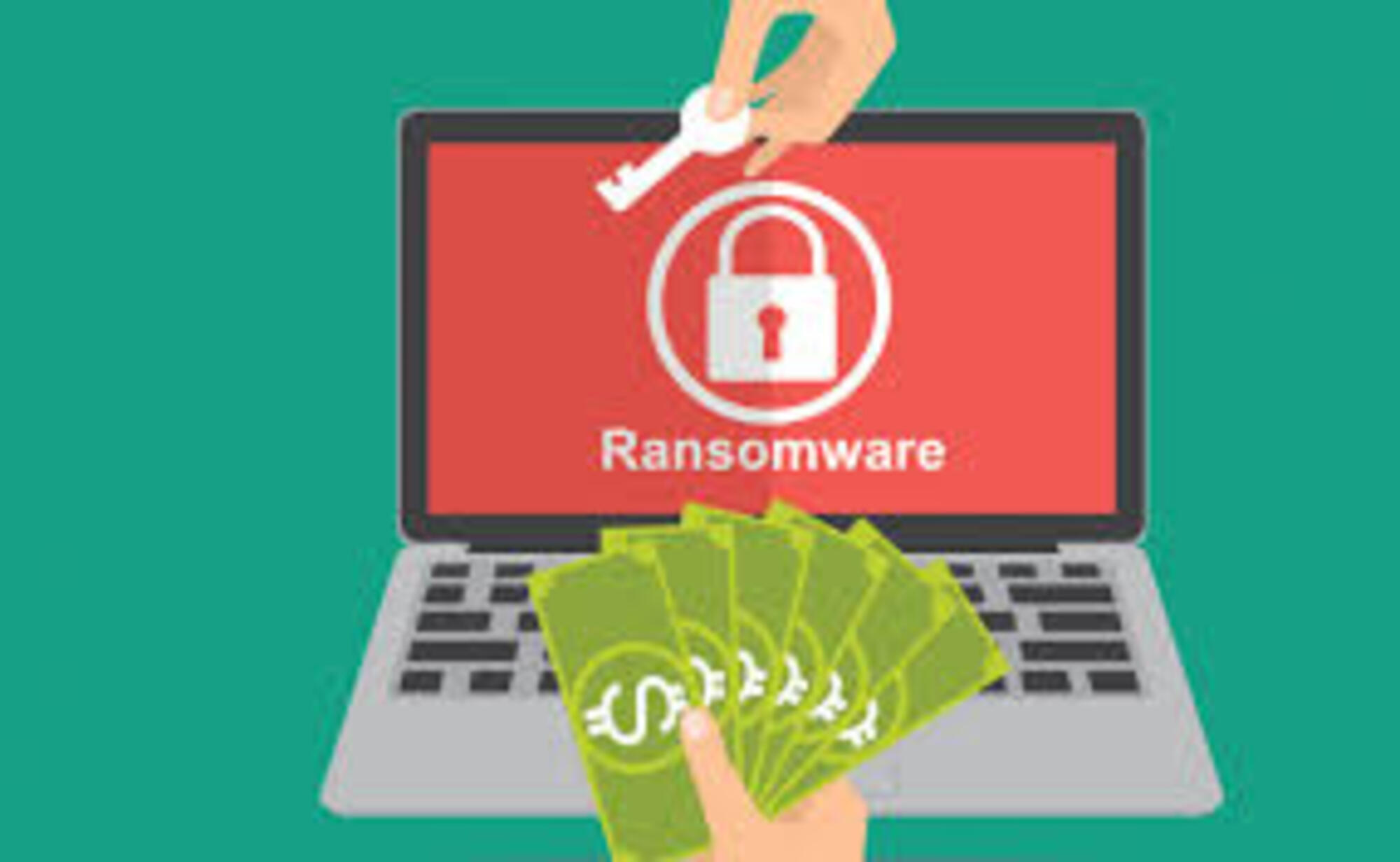In January 2023, the BianLian ransomware group shifted its tactics from encrypting files to data theft-based extortion, leveraging stolen Remote Desktop Protocol (RDP) credentials—often obtained via phishing or initial access brokers. The group deployed custom Go-based backdoors, remote management tools, and credential-harvesting utilities to infiltrate networks undetected. Once inside, they exfiltrated sensitive data and threatened to publish it on a leak site, demanding ransom payments in cryptocurrency. To evade security measures, BianLian disabled antivirus processes using PowerShell and Windows Command Shell, escalating risks for targeted organizations. The attack posed severe threats to critical infrastructure sectors, prompting warnings from CISA, FBI, and ACSC. Victim organizations faced potential operational disruptions, financial losses, and reputational damage, with stolen data ranging from employee records to proprietary business information. While no specific company was named, the group’s focus on high-value targets—such as healthcare, energy, or government-adjacent entities—suggested systemic risks. Mitigations included auditing RDP access, restricting PowerShell, and enforcing multi-factor authentication (MFA), but the breach’s scale and sophistication highlighted vulnerabilities in defensive postures.
TPRM report: https://www.rankiteo.com/company/cisagov
"id": "cis427092125",
"linkid": "cisagov",
"type": "Ransomware",
"date": "1/2023",
"severity": "100",
"impact": "5",
"explanation": "Attack threatening the organization’s existence"{'affected_entities': [{'location': ['United States',
'Australia',
'global (targeted warnings)'],
'type': 'critical infrastructure organizations'}],
'attack_vector': ['Remote Desktop Protocol (RDP) exploitation',
'phishing',
'initial access brokers (IAB)',
'custom Go-based backdoors',
'remote management software'],
'data_breach': {'data_exfiltration': True},
'date_detected': '2022-06',
'date_publicly_disclosed': '2023-01',
'description': 'In January 2023, the BianLian ransomware group transitioned '
'from file encryption to data theft-based extortion after a '
'decryption tool was released by Avast. The group, active '
'since June 2022, gains network access via Remote Desktop '
'Protocol (RDP) credentials, often obtained through phishing '
'or initial access brokers. They deploy custom Go-based '
'backdoors, remote management software, and tools for '
'reconnaissance and credential harvesting. BianLian threatens '
'to publish exfiltrated data on a leak site and demands ransom '
'in cryptocurrency. To evade detection, they disable antivirus '
'processes using PowerShell and Windows Command Shell. '
'Warnings have been issued by CISA, FBI, and ACSC to critical '
'infrastructure organizations. Mitigations include auditing '
'RDP usage, restricting PowerShell, and enforcing strong '
'authentication.',
'impact': {'brand_reputation_impact': 'high (due to public leak threats and '
'warnings from CISA/FBI/ACSC)',
'data_compromised': True,
'identity_theft_risk': 'potential (if PII was exfiltrated)'},
'initial_access_broker': {'backdoors_established': ['custom Go-based '
'backdoors',
'remote management '
'software'],
'entry_point': 'RDP credentials (phishing or '
'purchased from IABs)',
'high_value_targets': ['critical infrastructure '
'organizations']},
'investigation_status': 'ongoing (warnings active as of 2023)',
'lessons_learned': ['RDP remains a high-risk attack vector if not properly '
'secured.',
'Disabling antivirus processes via PowerShell is a common '
'evasion tactic.',
'Initial access brokers play a key role in facilitating '
'ransomware attacks.',
'Shift from encryption to extortion highlights the need '
'for data protection beyond backups.'],
'motivation': ['financial gain', 'data extortion'],
'post_incident_analysis': {'corrective_actions': ['Enforce MFA for all remote '
'access.',
'Disable unnecessary RDP '
'exposure to the internet.',
'Restrict PowerShell to '
'administrative use only.',
'Deploy endpoint detection '
'and response (EDR) tools '
'to monitor for malicious '
'activity.',
'Conduct regular audits of '
'high-privilege accounts.'],
'root_causes': ['Weak or stolen RDP credentials',
'Lack of MFA on critical access '
'points',
'Unrestricted use of PowerShell '
'for scripting',
'Insufficient monitoring for data '
'exfiltration']},
'ransomware': {'data_exfiltration': True,
'ransom_demanded': True,
'ransomware_strain': 'BianLian'},
'recommendations': ['Audit and secure RDP access with MFA and network '
'segmentation.',
'Restrict PowerShell and command-line scripting to limit '
'attacker lateral movement.',
'Monitor for unusual data exfiltration patterns.',
'Implement strong authentication practices across all '
'critical systems.',
'Regularly update and patch remote management software.',
'Educate employees on phishing risks to prevent '
'credential theft.'],
'references': [{'source': 'CISA Advisory on BianLian Ransomware'},
{'source': 'FBI Warning on BianLian Extortion Tactics'},
{'source': 'ACSC Alert on BianLian Threat'},
{'source': 'Avast Decryption Tool Release (2023)'}],
'regulatory_compliance': {'regulatory_notifications': ['CISA',
'FBI',
'ACSC warnings '
'issued']},
'response': {'communication_strategy': ['warnings issued by CISA, FBI, and '
'ACSC'],
'containment_measures': ['auditing RDP usage',
'disabling command-line scripting',
'restricting PowerShell'],
'law_enforcement_notified': True,
'remediation_measures': ['enforcing strong authentication (e.g., '
'MFA)',
'patching vulnerable systems']},
'stakeholder_advisories': ['CISA', 'FBI', 'ACSC'],
'threat_actor': 'BianLian ransomware group',
'title': 'BianLian Ransomware Group Shifts to Data Theft-Based Extortion '
'(2023)',
'type': ['ransomware', 'data theft', 'extortion'],
'vulnerability_exploited': ['weak RDP credentials',
'lack of multi-factor authentication (MFA)',
'unrestricted PowerShell usage',
'disabled antivirus processes']}
